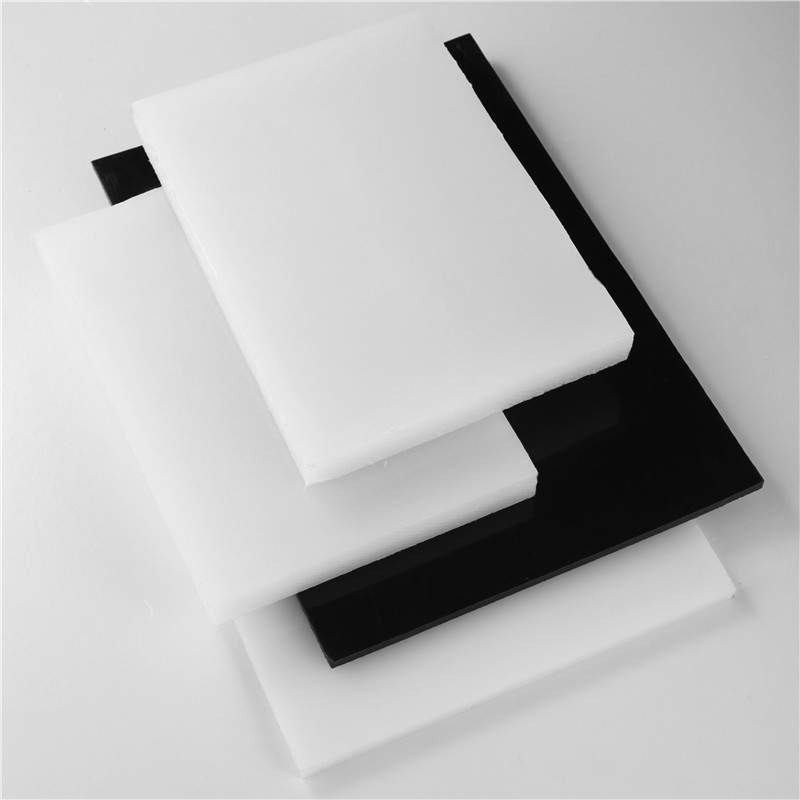Nov . 20, 2024 11:38 Back to list
cpvc chemical pipe
Understanding CPVC Chemical Pipes Benefits and Applications
Chlorinated Polyvinyl Chloride (CPVC) is a popular choice in piping systems, particularly for chemical handling. This thermoplastic material is known for its excellent resistance to heat and corrosion, making it ideal for a range of industrial applications. In this article, we will explore the characteristics, benefits, and typical uses of CPVC chemical pipes.
Characteristics of CPVC
CPVC is created through the chlorination of PVC resin, which enhances its physical properties. One of the most distinguishing features of CPVC is its higher thermal stability; it can withstand temperatures up to 200°F (93°C) without losing its structural integrity. Additionally, CPVC exhibits outstanding chemical resistance, capable of handling a variety of aggressive substances, including acids, bases, and chlorinated compounds. This makes it an excellent alternative to traditional materials like steel and copper, which can corrode and degrade when exposed to harsh chemicals.
Benefits of Using CPVC Chemical Pipes
1. Durability CPVC pipes are designed to last. They have a long service life, reducing the need for frequent replacements and thereby lowering maintenance costs. Their resistance to corrosion and scale build-up ensures that they remain functional over time.
2. Lightweight CPVC is significantly lighter than metal pipes, making installation easier and more cost-effective. The reduced weight not only lowers transportation costs but also simplifies the handling process during installation.
3. Ease of Installation The installation of CPVC pipes is straightforward. They can be easily cut, joined, and cemented with solvent adhesives. This simplicity helps to speed up project timelines and reduces labor costs.
cpvc chemical pipe

4. Low Thermal Conductivity CPVC has low thermal conductivity, which means it maintains temperature effectively without the risk of heat loss. This feature is particularly advantageous for hot water applications, as it minimizes heat transfer and energy consumption.
5. Cost-Effective While the initial investment might be slightly higher than some conventional options, the long-term savings associated with reduced maintenance and replacement needs make CPVC a cost-effective solution.
Applications of CPVC Chemical Pipes
The versatility of CPVC makes it suitable for various applications in different industries
- Chemical Processing CPVC pipes are extensively used in the chemical industry for transporting corrosive fluids safely. - Water Supply Systems Used in both residential and commercial plumbing, CPVC pipes are ideal for transporting hot and cold water due to their excellent temperature tolerance.
- Wastewater Systems Their resistance to chemicals makes them ideal for sewage and wastewater applications, where traditional pipes might fail.
- Fire Sprinkler Systems CPVC is also used in fire suppression systems, where it provides reliable performance under high temperatures.
In conclusion, CPVC chemical pipes combine durability, resistance to corrosion, and ease of installation, making them an optimal choice in a variety of applications. As industries continue to seek reliable and cost-effective piping solutions, CPVC remains a robust option for anyone in need of quality chemical transport systems.
-
High-Quality PPR Pipes and Fittings Durable ERA PPR & PVC PPR Solutions
NewsJul.08,2025
-
Black HDPE Cutting Board - Durable, Non-Porous & Food Safe HDPE Plastic Cutting Board
NewsJul.08,2025
-
High-Quality CPVC Panel Durable HDPE & PVC Panels Supplier
NewsJul.08,2025
-
Double PE Welding Rod Supplier - High Strength, Durable & Versatile Welding Solutions
NewsJul.07,2025
-
High-Quality PVC-O Pipe Supplier Durable 75mm PVC Pipe & Connections Leading PVC Pipe Company
NewsJul.07,2025
-
HDPE Drainage Pipe Supplier – Durable & Corrosion-Resistant Solutions
NewsJul.06,2025

